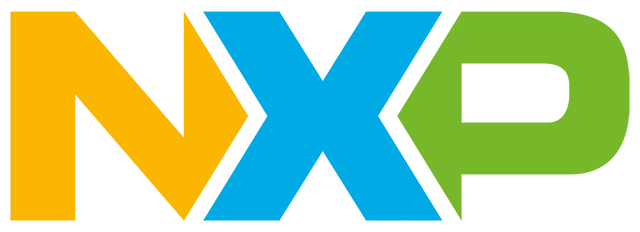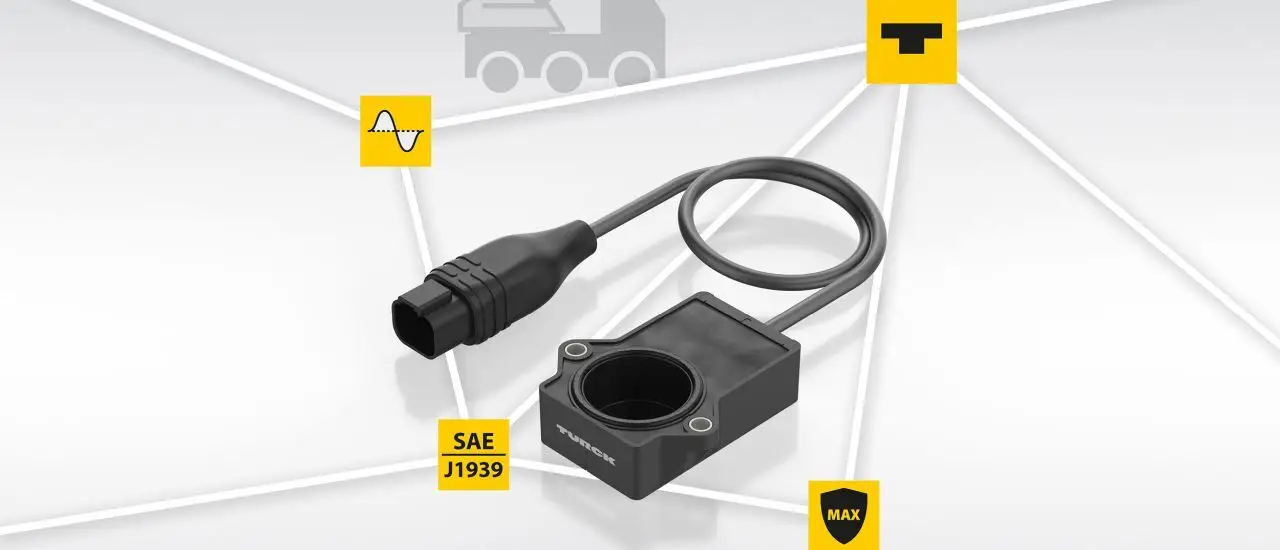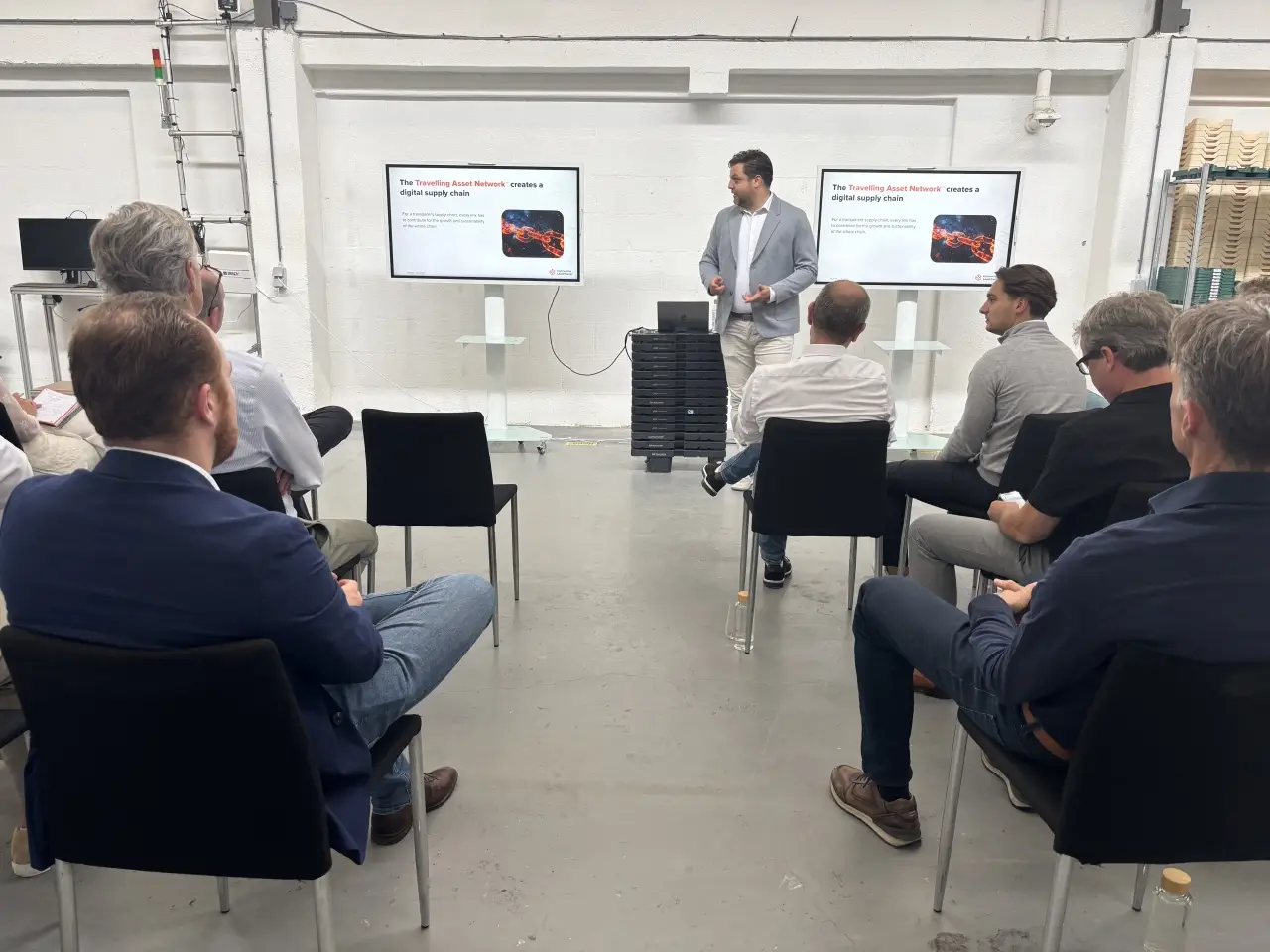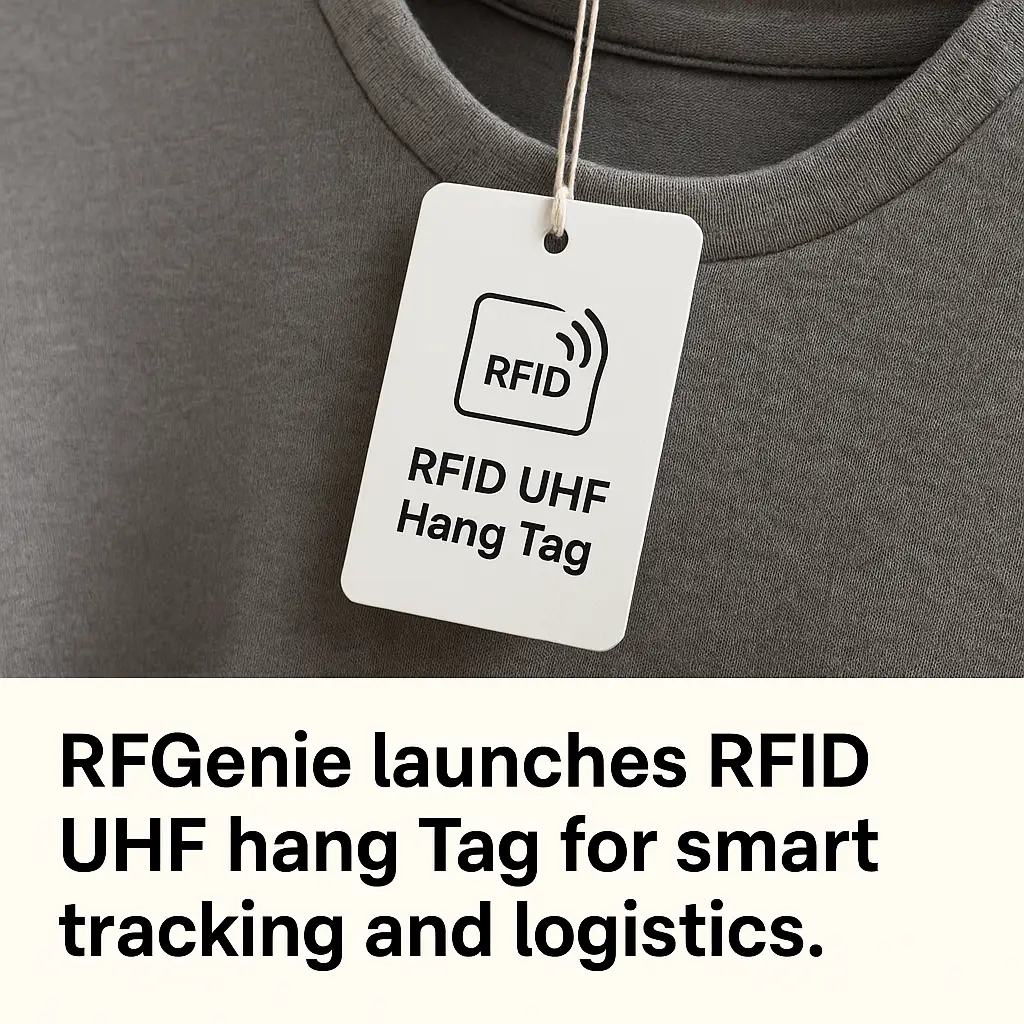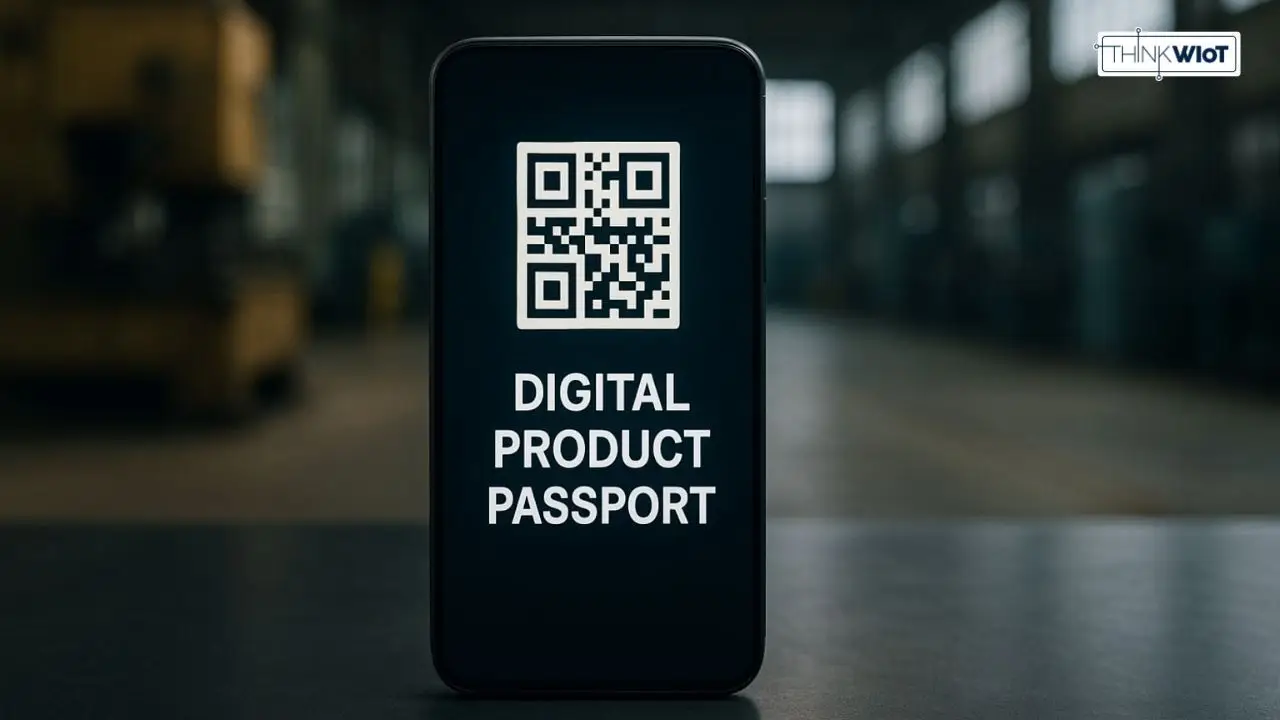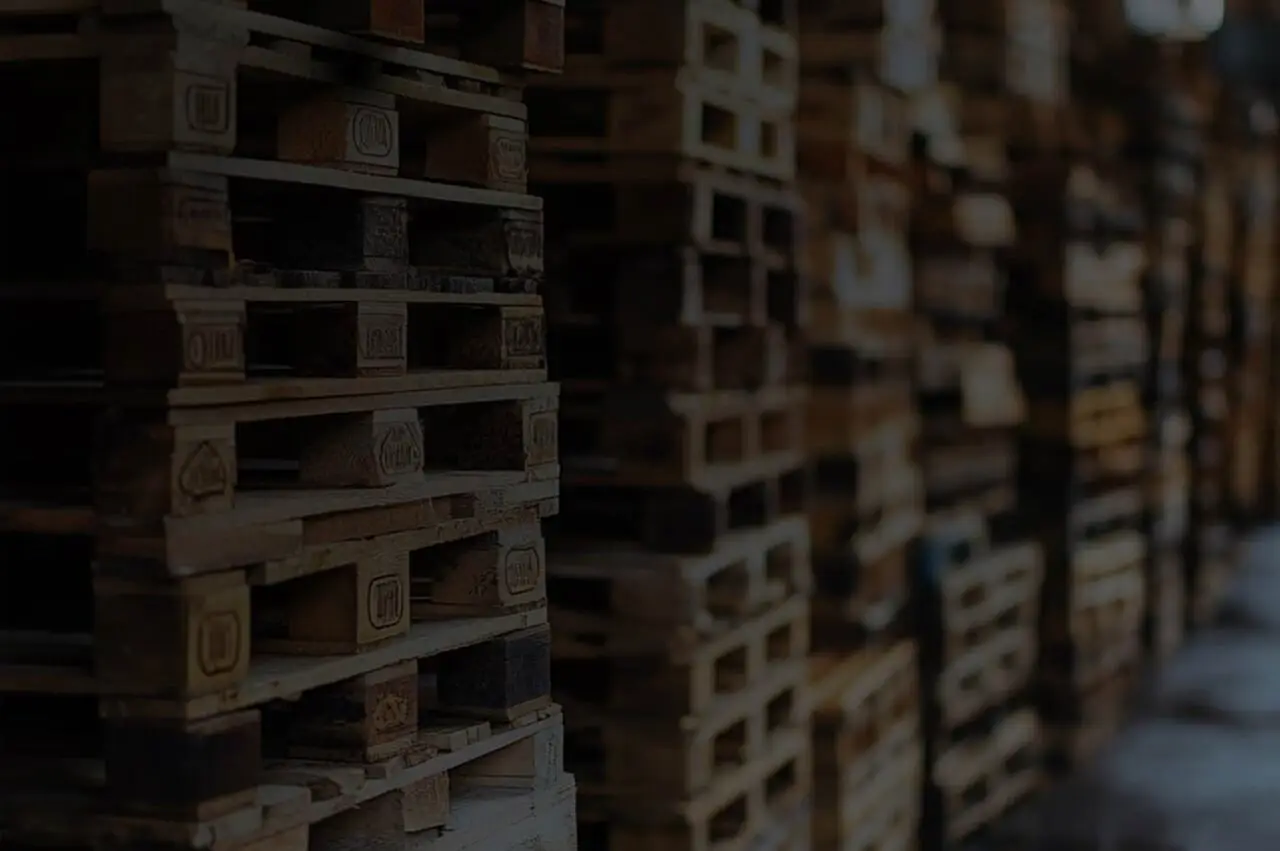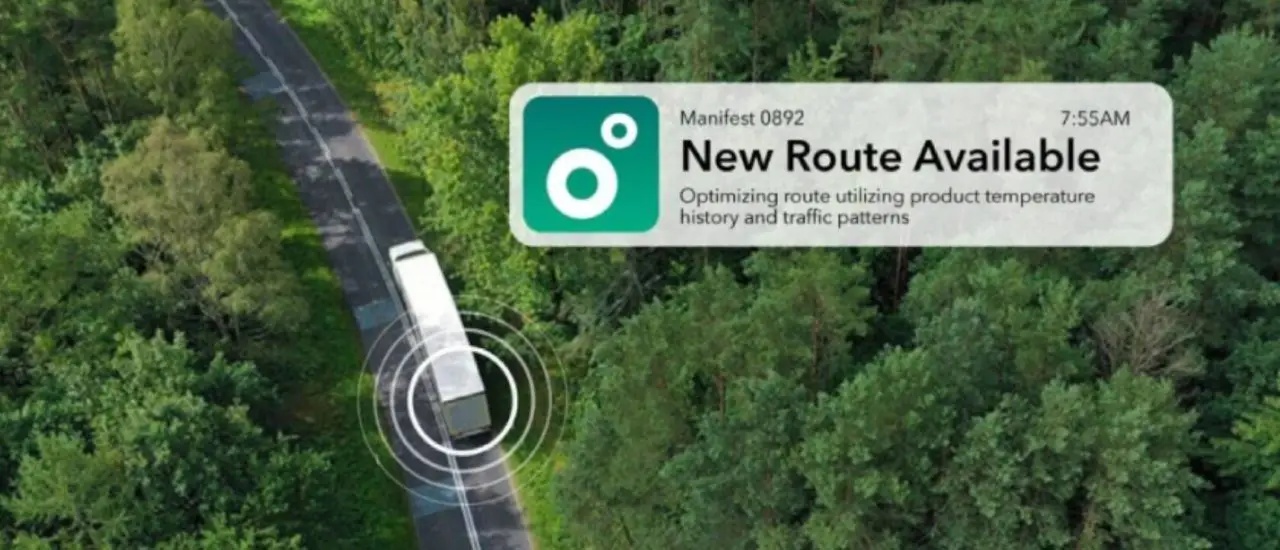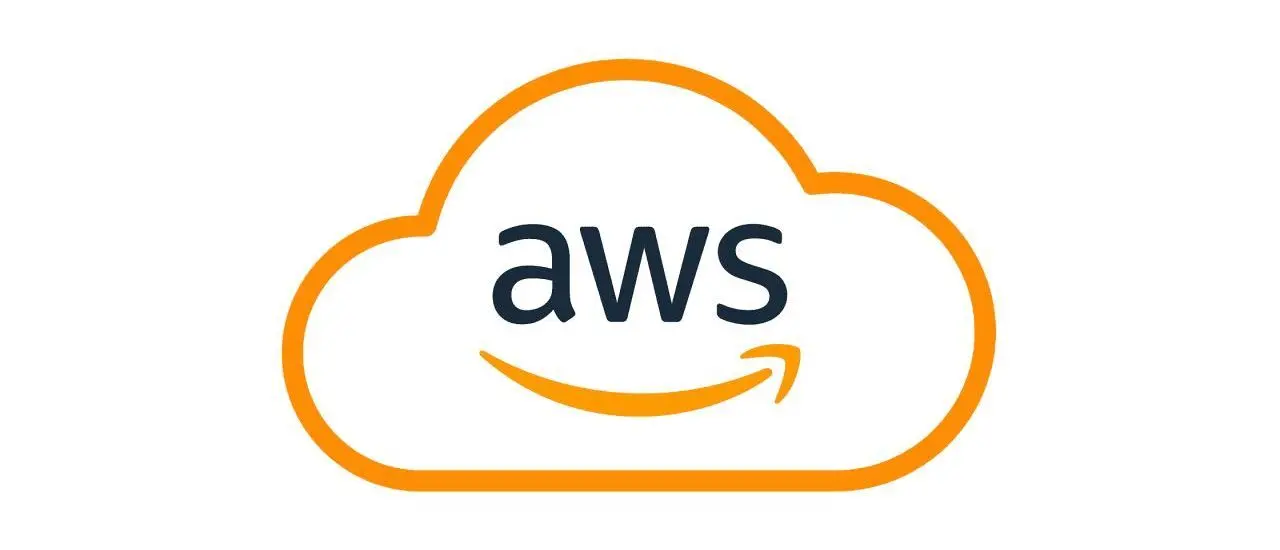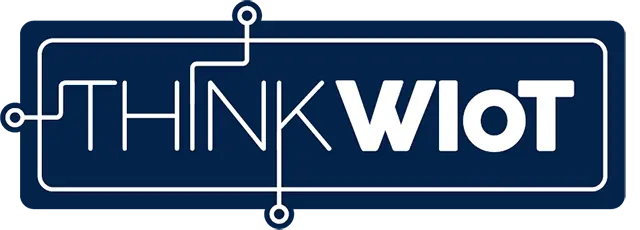Rooting out plastic waste with 20-year traceable trays
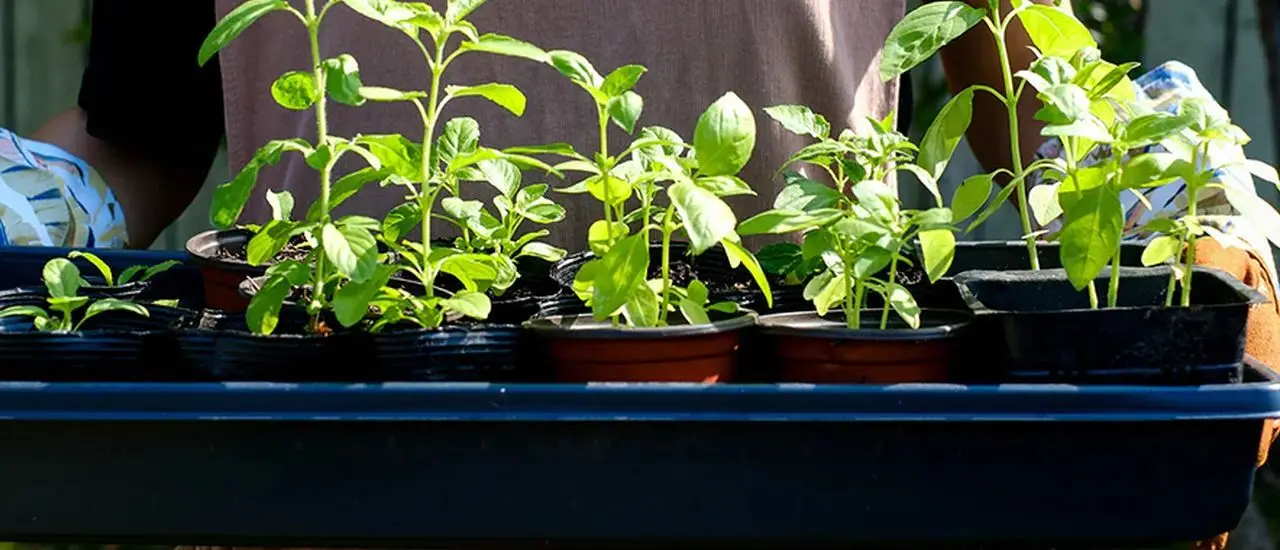
Single-use packaging is a major environmental concern, with every EU inhabitant generating around 187 kg of packaging waste, totaling 83.4 million tonnes in 2022. Up to 40% of plastics in the EU are used for packaging, and recent innovation in the horticulture industry is leading the charge to change. In the drive toward reusable transport packaging, in-mold labels from inotec use NXP’s UCODE RAIN RFID chips to maximize reuse of trays for plants and flowers.
Article written by James Goodland, Director RAIN RFID Solutions at NXP Semiconductors.
Shifting requirements for plant industry packaging
The EU Packaging and Packaging Waste Regulation (PPWR ) has mandated reusable transport packaging by 2030. At that point, single-use plastic for transport (both national, cross-border and site-to-site within a company) will no longer be permitted across Europe. This posed a particular problem to the European plant wholesale industry, which currently uses up to 700 million single-use plastic trays per year. Environmental Action Germany estimates that in Germany alone, 150 million trays (21 million kilos) are classed as waste each year.
Traceable, reusable, reliable trays
With the European greenhouse horticultural market expected to grow to €21/$24 billion by 2032 , the new PPWR regulations are being taken extremely seriously by growers and traders across the continent. Launched in 2022, The Euro Plant Tray (EPT ) cooperative recently designed reusable trays to make the world of greenery even greener.
At its heart, a label from inotec featuring an embedded UCODE® RAIN RFID chip from NXP. NXP’s UCODE technology not only supports the label’s traditional barcode, QR code and readable text, but also helps tracing the tray throughout its reusable journey. This durable solution not only increases visibility at every stage of the plant’s journey, but it also helps prevent waste and loss of inventory.
Meeting exacting environmental requirements.
EPT placed extremely tough requirements on inotec for this innovative label. These new plant trays are designed for reuse more than 100 times, in a demanding multi-point journey, and the label is there at every stage. First the tray is filled with plants at the grower, shipped to the wholesaler, then retailer and point of sale, then emptied before going through washing and sorting. Then the cycle is started all over again. Kept well, trays can last many years, enduring refrigeration, 30°C washing at 30 bar water pressure, and countless miles of transport.
So, from the very beginning of its life, the label must withstand the high temperatures of the injection molding process. It has to be mechanically robust, scratch resistant, smear- and UV-resistant, as well as capable of withstanding exposure to cleaning materials.
And of course it has to be readable under challenging conditions including dirt, dark, and cold, the typical plant’s journey from greenhouse to customer. The solution, inotec’s specially designed RAIN RFID in-mold label with NXP’s UCODE chip, fits all the requirements.
Popular voice opts for the circular choice.
In its quest for the ideal solution, EPT enlisted the help of multiple stakeholders, evaluating test trays in 5 supply chains from producer to wholesaler to final sale. The successful versions are now in production. Made of robust polypropylene plastic, these innovative reusable trays can circulate through the non-stop world of wholesale greenery in a lifetime of up to 20 years of proper use.
During this time, they can always be tracked, with tagged trays identifiable up to 9 meters away. RAIN RFID scanners capture both the quantity of trays and their individual serial numbers, eliminating the need for visual counting or the more time-consuming scanning of 2D Data Matrix codes.
Sowing the seeds of sustainable success.
As the world wakens to new regulations and shifting requirements, the need for flexible solutions and innovative partners has never been greater. With responsible production and consumption always high on the agenda, use cases like the inspiring story of EPT coupled with NXP and inotec’s technologies are powerful reminders of what’s possible when technology is used to innovate sustainable solutions.
Now is the time for industries to future-proof their logistics. By embracing RFID-enabled reusable packaging, we can meet regulatory demands and drive real environmental impact. Let’s lead the shift to smarter, more sustainable supply chains—together.
-über-Wi-Fi-HaLow-400.webp)
